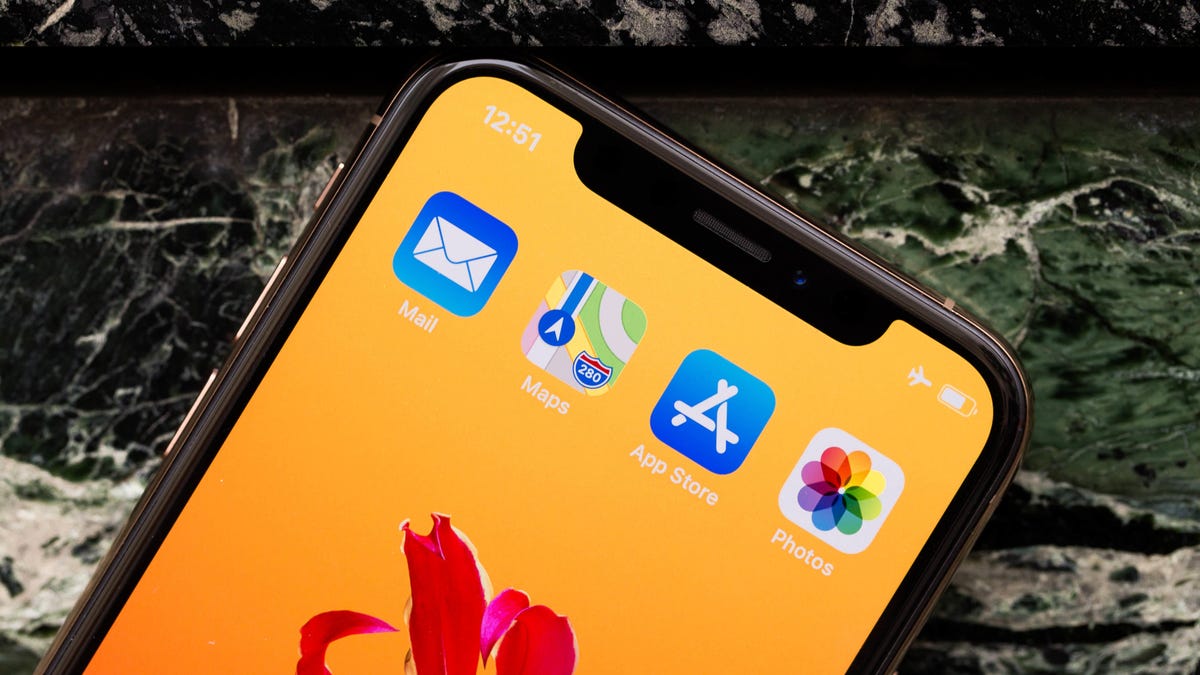Apple's iPhone sales tanked. Now all eyes are on what's ahead
The company blamed China for its rare earnings warning earlier this month. On Tuesday, we'll learn just how badly phone sales missed.

Apple's iPhone XS didn't sell as well as analysts had expected during the holiday season.
Early this month, Apple CEO Tim Cook gave us the bad news in broad strokes. On Tuesday, we'll find out just how bad it was.
In a letter shared with investors on Jan. 2, Cook revealed that revenue in the company's fiscal first quarter, ended on Dec. 29, would miss Apple's own forecasts by about 15 percent. He laid most of the blame on an economic slowdown in China. "In fact, most of our revenue shortfall to our guidance, and over 100 percent of our year-over-year worldwide revenue decline, occurred in Greater China across iPhone, Mac and iPad," he wrote.
Cook also blamed a decrease in carrier phone subsidies and higher prices overseas caused by a strong US dollar. Customers additionally took advantage of Apple's $29 battery replacement offer, which lets them squeeze more life out of their older iPhones. The company now sees sales of $84 billion, well below the range of $89 billion to $94 billion it had forecast in November.
The earnings warning was Apple's first in more than 15 years.
The weaker holiday season -- a period when most of Apple's iPhones are sold -- fanned a growing belief that the industry as a whole, and Apple in particular, is grappling with consumer smartphone fatigue. Many people also pointed to the high price tags on Apple's newest phones . The iPhone XS ranges from $999 to $1,349, depending on storage capacity, and the XS Max with 512 GB of storage costs as much as $1,499. By comparison, the MacBook Air starts at $999.
The company had raised a red flag in November, when it said it would stop disclosing how many units it sells each quarter.
On Tuesday, investors will get a more-detailed picture of what missed and why. More important, said analysts, will be what Apple says during its conference call about the state of the second quarter, which ends in March.
"The big question is how much iPhone channel inventory Apple built in Q1," Toni Sacconaghi, an analyst at Bernstein, wrote in a note to investors last week. Sacconaghi encouraged investors to listen for commentary on replacement cycles for the iPhone, reasons for the downturn in China and demand in other regions for the iPhone. "Our contention [is] that China only appears to account for half of the iPhone's shortfall in Q1," he wrote.
UBS analyst Timothy Arcuri raised similar concerns in his investors note, writing that he'll be paying attention to what Apple says about iPhone inventory levels, how long the company expects to be affected by demand in China, potential price reductions and iPhone upgrade cycles.
Updated at 4:22 p.m. PT: To reflect the price of the MacBook Air for nonstudents.
Apple: See what's up with the tech giant as it releases new iPhones and more.
Does the Mac still matter? Apple execs explain why the MacBook Pro was over four years in the making, and why we should care.

